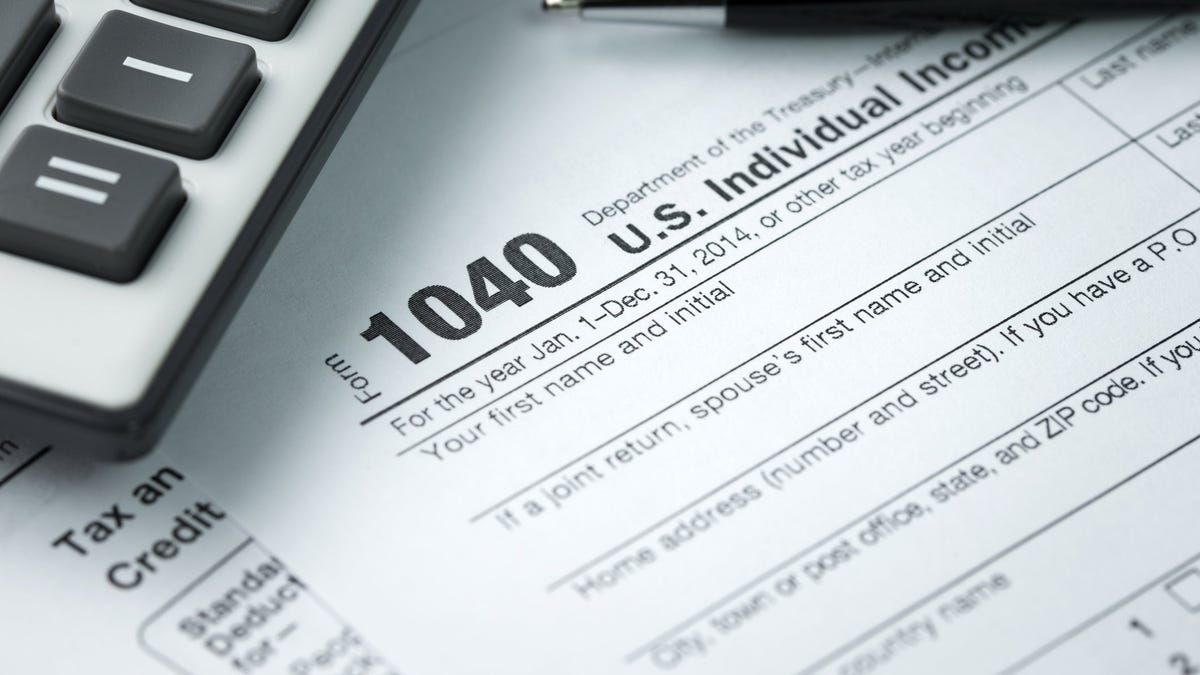,
Susan Tompor
| USA TODAY
2020 taxes: Do you owe taxes on stimulus checks or unemployment?
Because of the coronavirus pandemic, 2020 may be a tax year like no other. Here are answers to some of your top questions.
USA TODAY
The latest $1.9 trillion stimulus package creates a new tax break for tens of millions of workers who received unemployment benefits last year after businesses were forced to close and lay them off during the coronavirus pandemic.
Many Americans who were potentially left with a surprise tax bill on that jobless aid are poised to benefit from the new exemption. Until now, jobless insurance had to be reported as taxable income and many would likely owe federal income taxes on those benefits.
“It’s retroactive. This is for 2020,” according to Kathy Pickering, chief tax officer at H&R Block. “This is great news.”
Roughly 40 million Americans received unemployment aid in 2020, according to The Century Foundation, a left-leaning think tank.
Who gets a third stimulus check, and when?: Your COVID-19 relief questions, answered
IRS tax season 2021: 9 costly mistakes to avoid
That amounted to $580 billion in total benefits nationwide that were considered taxable income. Those benefits include the extra $600 bonus that expired in July and the extra $300 weekly benefit through the Lost Wages Assistance program that ended in the fall.
Fewer than 40% of jobless aid payments in 2020 had taxes withheld, The Century Foundation estimates.
Here’s what you need to know:
How does the $10,200 tax waiver work?
As part of the American Rescue Plan, many taxpayers wouldn’t be required to pay taxes on up to $10,200 in unemployment benefits received last year. The exclusion is up to $10,200 of jobless benefits for each spouse for married couples.
So it’s possible that if both lost work in 2020, a married couple filing a joint return might not have to pay federal income taxes on up to $20,400 in jobless benefits.
It can be a little confusing. So, for example, if one spouse received $15,000 in jobless benefits but the other received just $1,000 in unemployment compensation in 2020, then the exclusion for tax purposes that the couple would receive would be $11,200 – not $16,000.
Who is eligible?
Not everyone will be covered.
The special provision to waive taxes on some unemployment income applies to those who made less than $150,000 in adjusted gross income in 2020.
Pickering gave this example of potential savings. Take a single filer who worked for part of 2020 but who had been jobless for a short time last year.
Assume a single taxpayer had an adjusted gross income of $75,000 in 2020. And let’s assume that the only jobless benefits they received totaled $10,200 when they were out of work.
Such a taxpayer could now exclude the $10,200 in jobless benefits.
Pickering said that single filer would be in the 22% bracket, so the filer would save about $2,244 in taxes, thanks to the new exclusion for some jobless benefits.
What about state taxes?
More than half of states levy an income tax on jobless benefits. States will have to decide if they will also offer the tax break on state income taxes.
It’s possible that some may still opt to tax the jobless aid, experts say.
Some already exempt taxes on unemployment, including California, New Jersey, Virginia, Montana and Pennsylvania. And some don’t levy state income taxes at all, including Texas, Florida, Alaska, Nevada, Washington, Wyoming and South Dakota.
Should I wait to file my taxes to claim the waver?
Many out-of-work Americans rushed to complete their taxes to get a possible refund to help make ends meet. The tax break is becoming law after 55.7 million tax returns were already filed by Americans with the IRS, as of March 5.
Some filers may consider waiting to file their taxes until the IRS issues new guidance to claim the new $10,200 waiver, experts say.
To be sure, the stimulus package also offers $1,400 stimulus checks to individuals who earned up to $75,000, and married couples with incomes up to $150,000. Payments would decline for incomes above those thresholds, phasing out above $80,000 for individuals and $160,000 for married couples.
Some taxpayers may opt to file their taxes sooner to get the latest stimulus check, particularly if their 2020 income was lower than in 2019.
What if I already filed my taxes?
Obviously, some people already filed their taxes and now may need to see what other steps they’d have to take. We’ll likely hear more guidance from the IRS on that in the days ahead.
It may be necessary to file an amended return.
If you had taxes withheld on jobless benefits, the federal taxes are withheld at a 10% rate. On $10,200 in jobless benefits, we’re talking about $1,020 in federal taxes that would have been withheld. That’s money that could go to cover what income taxes you owe — or possibly lead to a bigger federal income tax refund.
Many people didn’t withhold taxes from their unemployment checks, so they’re still looking at paying whatever taxes they might owe on unemployment benefits that exceed the new $10,200 waiver for singles and for each spouse on a married filing joint return.
Those who faced lengthy unemployment in 2020, though, could have received far more in benefits and could still owe some taxes on their unemployment benefits. This is just a partial tax forgiveness measure.
In some cases, if people didn’t have enough taxes withheld on jobless benefits, they could still face penalties and interest.




